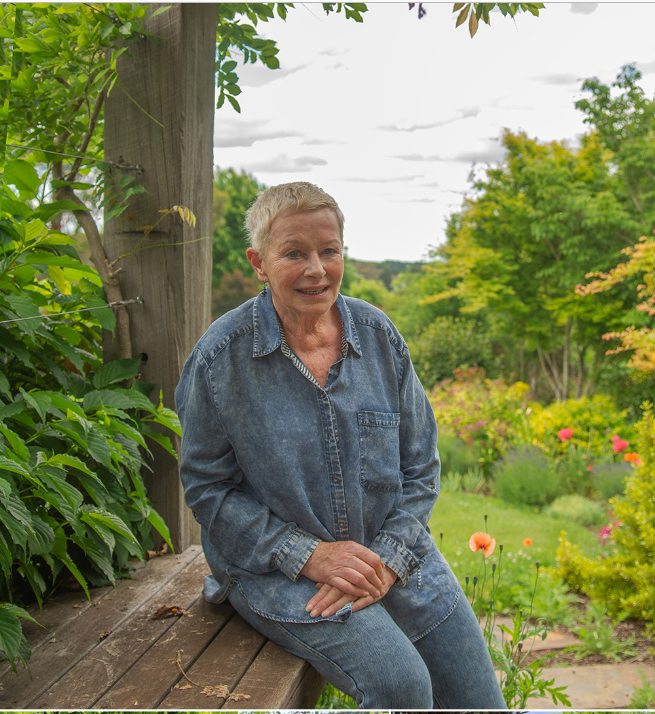May 25th, 2023Lockdown life leads to sequel and 10th novel

Words: Tony Sawrey | Image: Contributed
OH, WHAT one could do if only given the time to think, to have the freedom from the millstone of work and social distractions. What art we could create, what books we would write.
So, while being traumatic for many when Covid drove the country into isolation
in early 2020, it was for others an opportunity to think, research and create.
Author Catherine de Saint Phalle was one of those people. After coming to live
in the Central Highlands scant months before everywhere went into lockdown her
response to the isolation of Covid was to sit down and write another book.
Her new work is titled Call Me Marlowe and published through Transit Lounge
Press. The work was released on May 1 with an official launch at Brunswick Bound
bookshop in Melbourne on May 18.
Born in London, Catherine’s childhood was spent between France and England
and she started writing stories at seven. She left France in 2003 to live in Australia
and was shortlisted for the 2017 Stella Prize for a memoir of her parents called
Poum and Alexandre. Call Me Marlowe is her 10th book and a product of her life in
lockdown in a little cottage in a big garden overlooking Daylesford.
“I bought the house in late 2019 and I was here full time for three and half years,”
says Catherine.
“I think that place is always important to any writer and being in the country
offers a different pace, different feeling with people who live there and it inspires and
nourishes you. I wrote my whole novel here during that time and along with two
translation projects I was actually quite busy.”
Set in both Prague and Melbourne, Call Me Marlowe captures a man’s search for
his heritage in the hope of understanding his estrangement from his mother. And
with a gentle touch, the novel explores the nature of trauma – both personal and
political – in the lives of its characters.
“I wrote it as a sequel to my 2019 novel The Sea and Us but the publisher wanted
it to be a stand-alone so I worked on it again which made me revisit it in a different
way.
“So it can be considered as a stand-alone but by the same token it is the same
character (Harold Vaněk) and the story just continues. I may even write a third novel
about him, I don’t know. I am even referring to him in a new book in a very distant
way.”
Catherine says it is typical for her to take two to three years to write a book,
putting aside time for writing in the morning with translation projects in the
afternoon. The next work is, in her words, a strange mix between a memoir and a
novel.
“The main character is a potter but I’m only five or six chapters into it. I’m still on
the worksite as it were, with piles of rubble peeping out of everywhere.”
And when looking at a screen, researching, writing and thinking become a little
tedious, there is always the garden to retreat to. Catherine is passionate about growing
things, the beauty of nature and the respite gardening offers from the mental toil of
writing.
“My garden kept me sane during Covid,” she says. “It continues to do so now and
I work very hard on it. The presence of nature is so important to me. You feel safe and
never feel alone because nature is so omnipotent and always there.”










